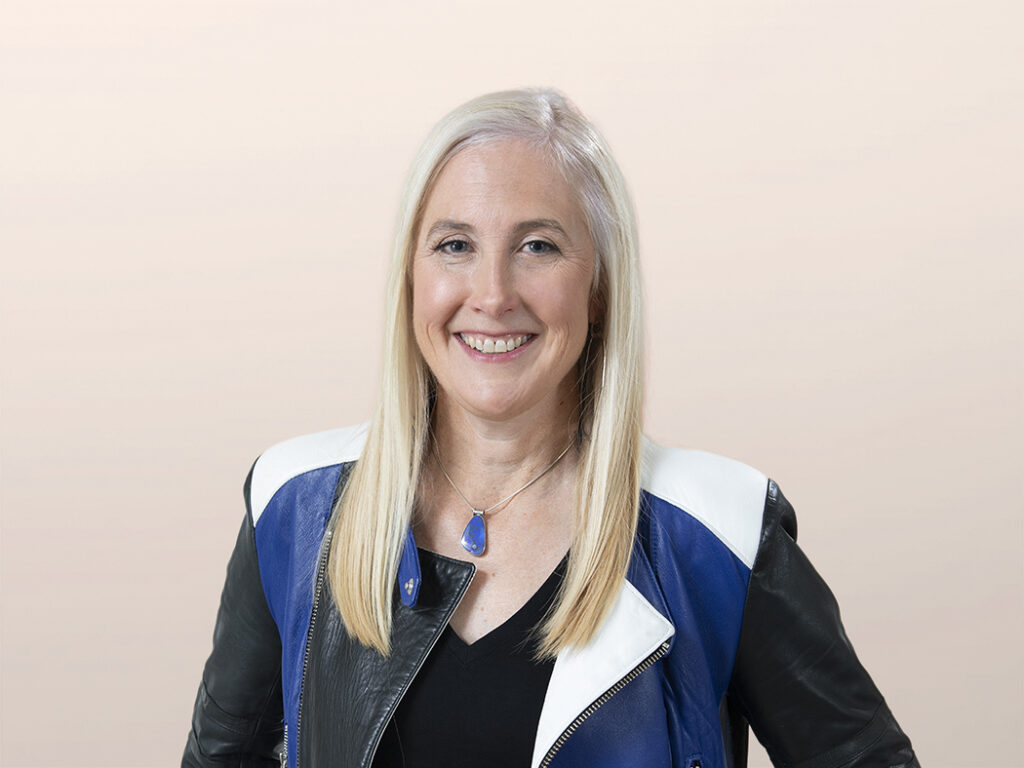You Know Your Customers Aren’t Going To Download Your App, Right? Even If They Do, It Doesn’t Mean They Want To Open It
Ok, well, some of them will. Those customers who are mobile-savvy enough (they are the shifted as part of what we call The Mobile Mind Shift) and engage with your brand frequently will. You own those mobile moments with your customers. They reach for their phones to engage with your brand. You will still need to work hard to keep them engaged, but it's a good start that they downloaded your app. It's even better if they allow you to send push notifications – that gives you the opportunity to create mobile moments with them.
If they don't download your app, borrow moments.
Let's face it. Lots of your customers won't download your app. They won't invest the time or energy. With these customers, you must borrow mobile moments – that is, you must engage with your customers on third party apps (really platforms).
We see more and more brands embracing this strategy. What is your strategy to engage with your customers through borrowed moments?
Google Maps released a new app version this week. Uber is integrated into the Map app if you are already signed up for Uber (and in this implementation have the Uber app on your phone.) Uber already owns mobile moments with thousands if not more consumers. Exposure through Google Maps gives them more upside. First, it will help them to acquire customers through exposure. Second, it puts Uber in the mix of transportation options I have as I evaluate how to get from point A to point B within my Map app that also shows me traffic and parking availability. Highly contextual.
If they do download your app, don't assume they will actually open it – kind of a hassle for quick tasks, right?
You shouldn't want or expect that all of your engagement with consumers on mobile devices occurs within the app. More complex tasks will. Exploration may.
Think of your apps differently:
- Network connectivity – they allow you to push information out. They allow consumers and devices to upload information or make requests.
- Tokens – A consumer will download or desposit an app on his phone. That consumer may opt in to be tracked or for push notifications. That may be good enough for many brands that simply want to push out notifications or small bits of informations. iBeacons make this more interesting. (Also should make you think about whether or not app opens and length of session are the right KPI's for you.)
- Service registration. I download the Uber app and register my payment information, credentials, etc. Now I can engage with Uber where it is convenient for me.
- Unique identifiers. The emergence of loyalty programs at retailers especially allows consumers to be tracked across channels. Eventually my airline may even track me to tell me I don't have time for that Starbucks.
- More to come ….
This doesn't apply to every category People will open apps to play games. People will open maps to explore. Think broadly about the utility of your apps.
